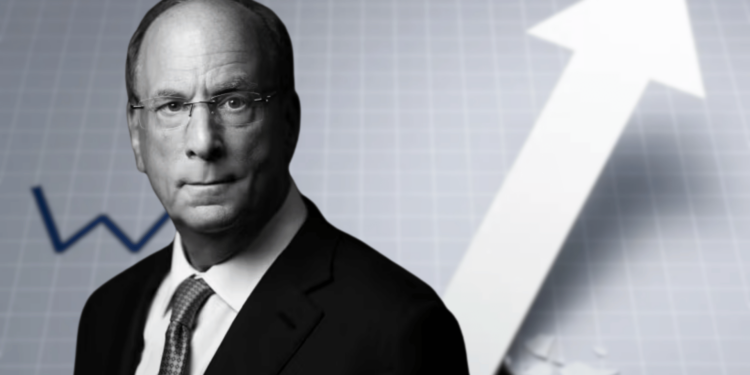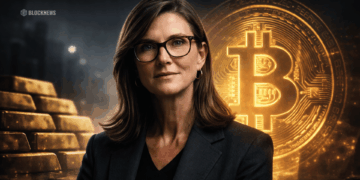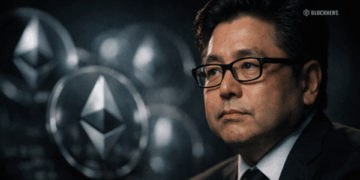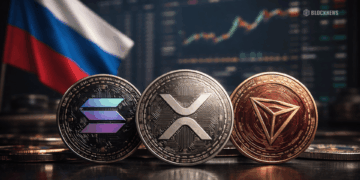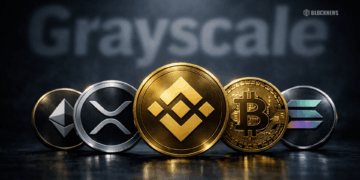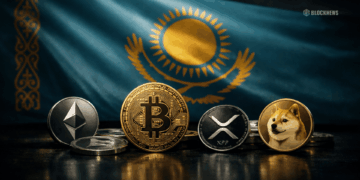- BlackRock CEO Larry Fink says another 20% stock market drop is possible, despite calling the dip a buying opportunity.
- Fink believes the U.S. may already be in a recession, echoing concerns from business leaders and recent surveys.
- Goldman Sachs raised recession odds to 45% as Trump’s tariffs fuel fears of more economic turbulence ahead.
BlackRock CEO Larry Fink isn’t sugarcoating things—he says we might not have seen the worst of the market slide just yet. Speaking on BloombergTV, Fink admitted there’s a chance stocks could fall another 20%, though he also called the current dip a potential “buying opportunity.”
“I wouldn’t rule out a deeper drop,” he said. “But I actually see this more as a time to buy, not sell… still, that doesn’t mean the market can’t fall further.” His comments come after another rough week for Wall Street, which has been getting battered ever since President Donald Trump dropped his latest round of tariffs.
Recession? Fink Thinks We Might Already Be in One
Fink also made a bold claim—he thinks the U.S. could already be in a recession. “Most of the CEOs I talk to say, ‘Yeah, we’re in it right now,’” he shared during the interview. That lines up with a CNBC survey that showed nearly 70% of CEOs expect a recession soon, thanks to Trump’s massive trade moves. Over half believe it’ll happen this year. One CEO even called it straight up: “This is the Trump recession.”
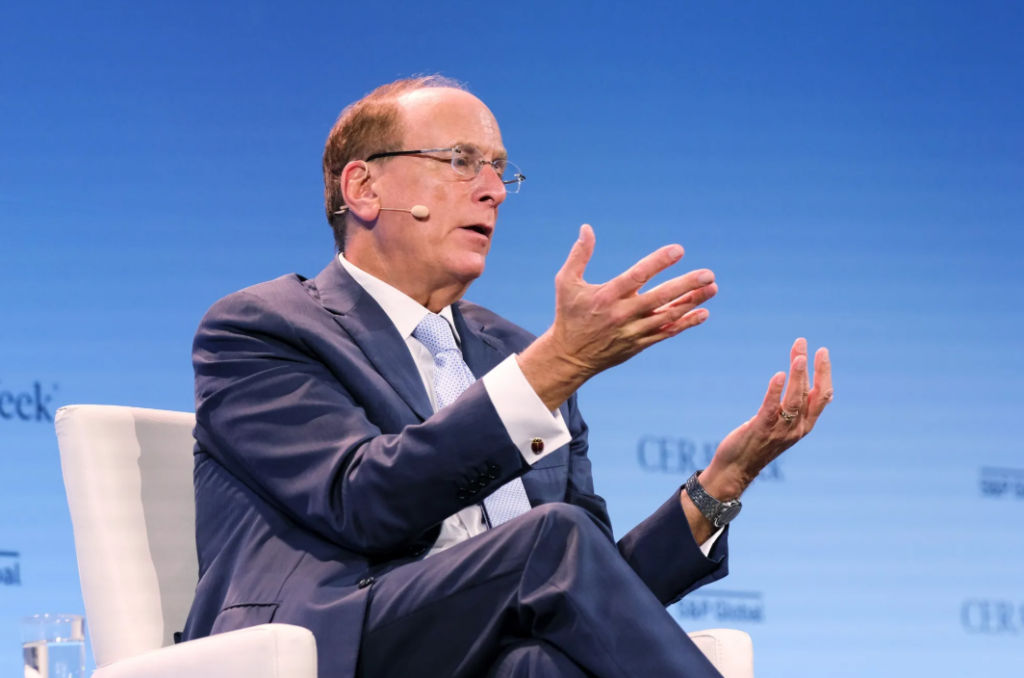
Dimon, Goldman Sachs Echo Warnings
JPMorgan CEO Jamie Dimon isn’t feeling great about things either. He warned that Trump’s aggressive tariff plans are only going to slow growth further and push prices up across the board. “Even if the tariffs have some long-term purpose,” Dimon said, “in the short term, they’re gonna sting.”
Goldman Sachs seems to agree. The bank bumped up its odds of a U.S. recession again—this time to 45%. That’s the second increase in a week. They’d already raised the number from 20% to 35% just days ago. And with Trump now threatening another 50% tariff hike on China, things are getting even shakier for investors and economists trying to make sense of it all.


